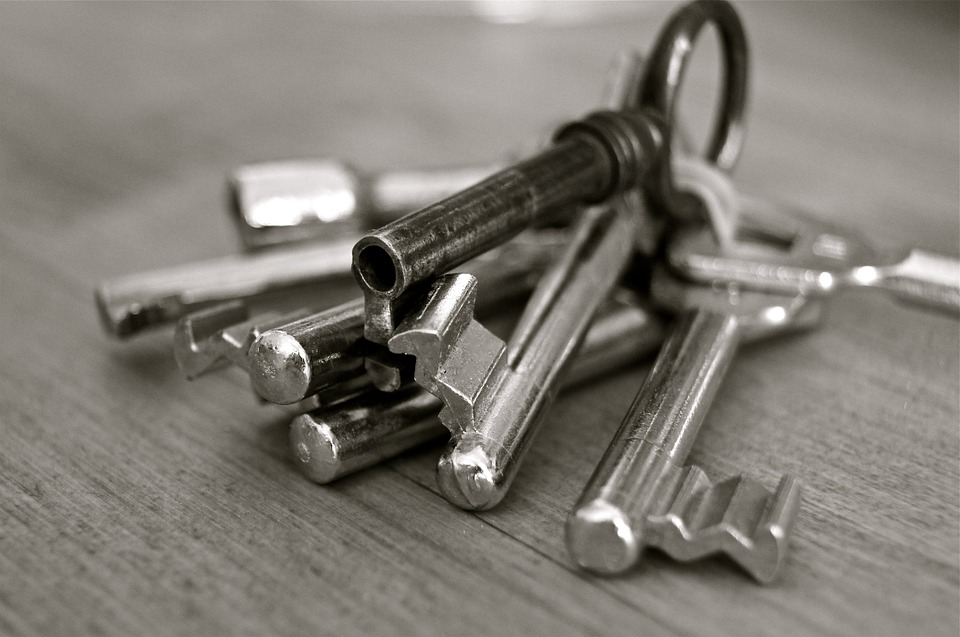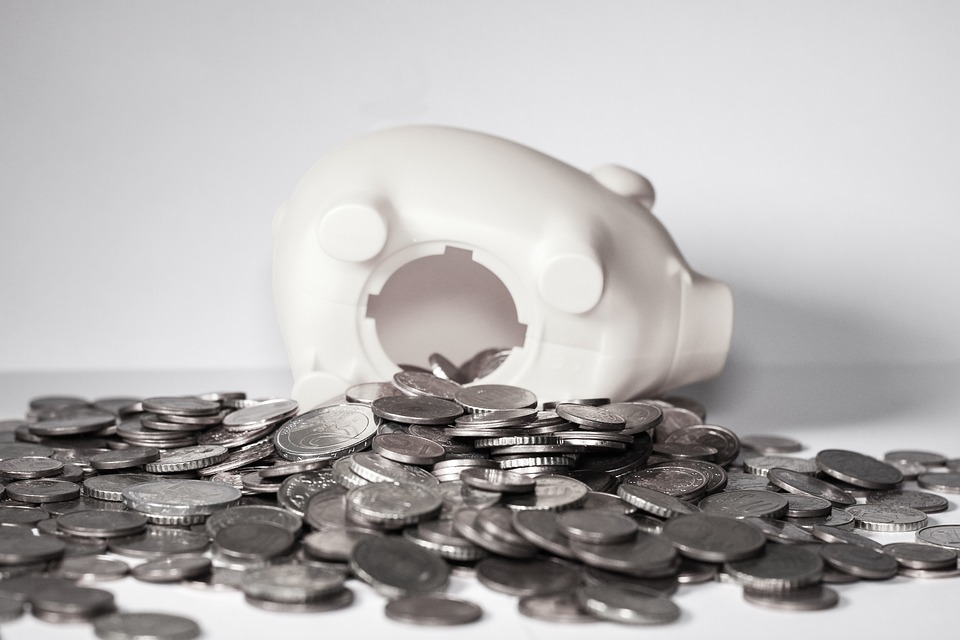The Biggest Question Facing Young People: To Buy Or Not To Buy
The debate rages on as to whether young people should get on the property ladder or invest their money elsewhere. It’s one of the biggest questions 20-somethings are faced with today; to buy or not to buy? With the price of mortgages so high and the flexibility they afford so low, more of us than ever are choosing to rent. But is this a financial black hole, sucking up our money with little to show for it? We bring you the lowdown of both side’s arguments…
The Big Buying Debacle
https://pixabay.com/en/key-metal-home-security-wedding-96233/
Investing in property has long been considered the best way to invest our money. Bricks and mortar are largely viewed as a solid investment which, in some cases, gain value over time. The problem is this kind of investment is no longer as attractive to young people, or as attainable. For those who do want to get a mortgage, they can find it too expensive. Graduates are finding it tougher than ever to find jobs. As a result there are lots of people competing for the same jobs, and some have to accept roles that don’t pay as much as they would have liked. This means that young people have less money to spend on a mortgage, especially as house prices rise in certain areas. So for some, it’s not attainable, for others the prospect of owning their own home just isn’t that attractive anymore. Young people value their freedom and flexibility. Being able to travel, move, and re-settle whenever you want is more attractive to some people than the stability of a home and a mortgage. The thought of being tied down to one area and job for extended periods of time isn’t for everybody. Renting is the perfect solution for those who live day to day, month to month, or even year to year.
Which Is Cheaper?
https://pixabay.com/en/money-piggy-bank-coins-finance-2180338/
The answer to this question doesn’t make the decision any easier because the truth is there isn’t a definitive answer. Renting could be cheaper in the short term than getting a mortgage. This is because you have to pay a lot of money upfront in terms of a deposit, agency fees, and a stamp fee. In the long-term owning a house is usually considered cheaper, but not always. It depends on where you are buying and where you are renting. Flambard Williams has a city guide which gives you an idea about what your money can get you and where.
To Buy Or Not To Buy?
https://pixabay.com/en/yes-no-opportunity-checklist-box-2167843/
There isn’t much in it, in terms of cost, so the decision to rent or buy is a tough one. What it really comes down to is what your priorities are. Firstly ask yourself if you have enough money to buy. You’ll need at least a 10% deposit, although in some cases 5% is fine. Next, you need to consider if you can see yourself living in one home for a number of years. If you like to move around, travel, or frequently change job, renting may be a better option. Work out what your priorities are and this should solve your dilemma.



